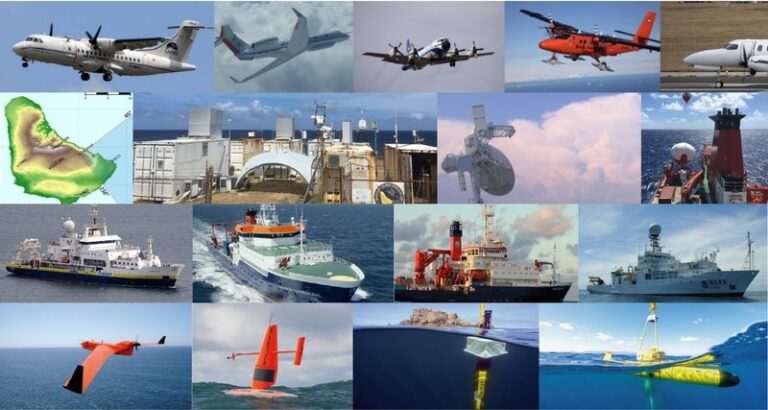A major study has just begun in Barbados aimed at understanding the role cloud cover plays in climate change.
The European-led team will spend a month observing cloud circulation with a field operation based out of the Caribbean island.
Known as EUREC4A (Elucidating the role of clouds-circulation coupling in climate) it is the first field study to test whether changes in cloudiness act to amplify global warming. This positive feedback hypothesis, which was reached through several rounds of international climate model intercomparison studies, could have implications for Earth’s climate sensitivity. The field study will also test the validity of models that show a reduction in cloudiness increasing warming from CO2.
The EUREC4A research will help support work already done in this area by NOAA’s Atlantic Tradewind Ocean-Atmosphere Mesoscale Interaction Campaign (ATOMIC).
Both studies are being undertaken under the auspices of the World Climate Research Programme’s Grand Challenge on Clouds, Circulation and Climate Sensitivity.
More than 30 international agencies will contribute to the study, which will involve four research planes, four research ships, ground-based remote sensing technology, a new generation of autonomous measurement systems, satellites and state-of-the-art turbulence-resolving modeling.
The UK portion of the study will look at the aerosol and cloud processes in the lifecycle of shallow trade cumulus clouds and the two-way interactions between the cloud processes and the large-scale dynamics, the UK Met Office said. Led by Professor Alan Blyth of the University of Leeds and the National Centre for Atmospheric Science (NCAS), the cloud measurements will be taken with a Twin Otter aircraft belonging to the British Antarctic Survey, the agency added.



